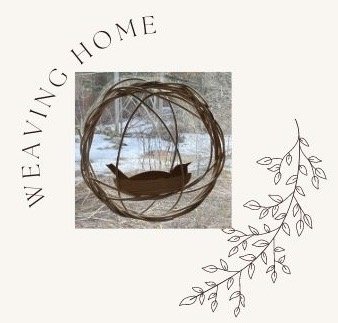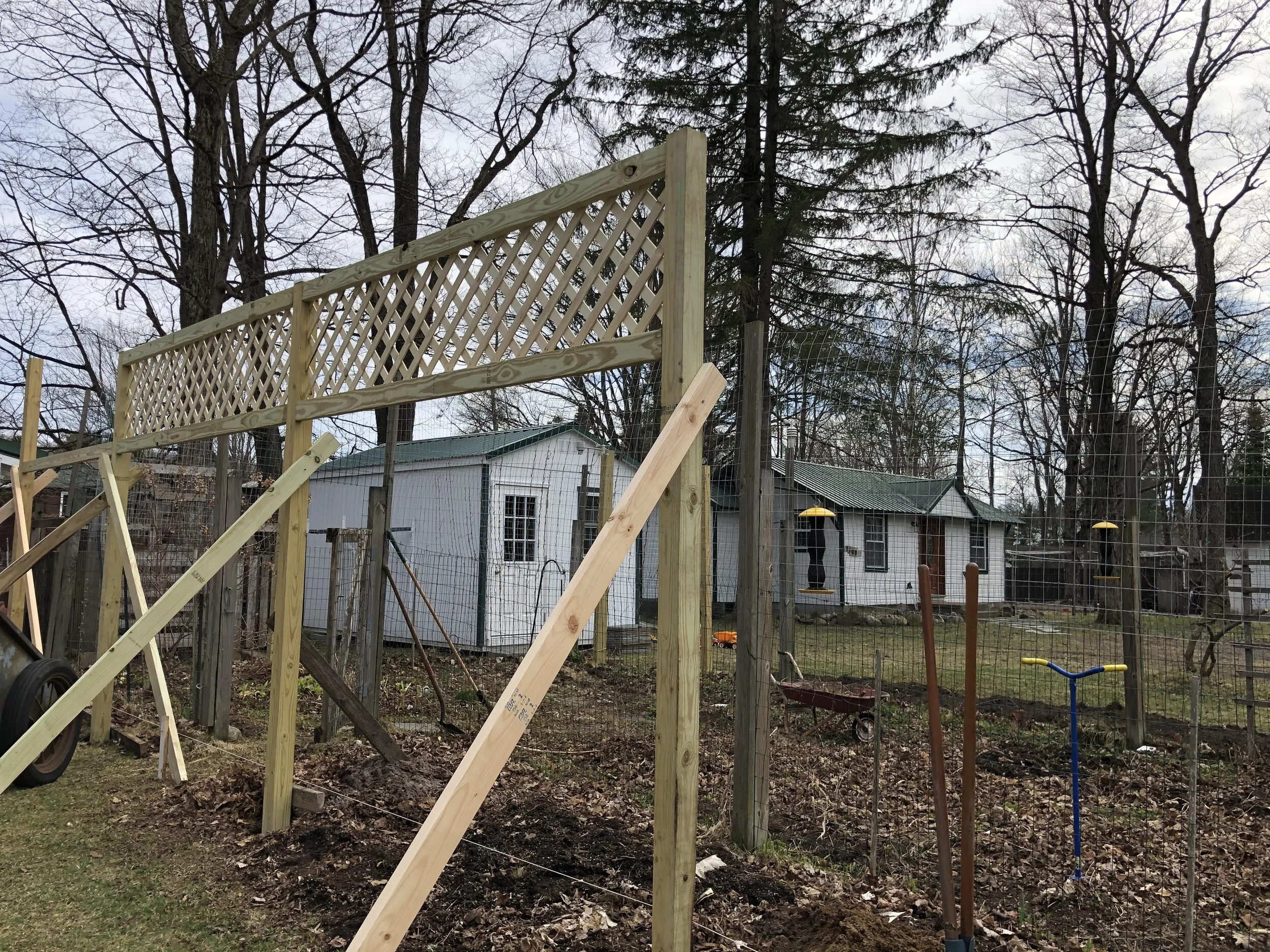Last week I was talking about gardening imagination - that the vision of a garden can be brought to life through planting, weeding and watering, through sweat and fingers torn on rose thorns, and by dreaming. This reminded me of the Prophetic Imagination, because we are also studying Walter Brueggemann’s new book Materiality as Resistance. WB asks the reader to view the world like the Hebrew and Christian Prophets and to imagine ourselves living or resisting the current culture of consumerism and injustice and asks us to live with the consciousness that what we do affects others. We all have the potential to harm the earth, ourselves and each other, but we also have the potential to heal, to share and to care for ourselves and each other. Sometime it seems as if we live in a society that can’t imagine a peaceful, compassionate community. Our own ideas of what is right or wrong take precedence over our neighbor’s ideas of right and wrong. We often can’t recognize the way we see and judge others. We make decisions that are harmful without meaning to and without realizing that the small choices we make have a negative impact on others. Church leaders are now encouraged to take a course in implicit bias.
“Also known as implicit social cognition, implicit bias refers to the attitudes or stereotypes that affect our understanding, actions, and decisions in an unconscious manner. These biases, which encompass both favorable and unfavorable assessments, are activated involuntarily and without an individual’s awareness or intentional control. Residing deep in the subconscious, these biases are different from known biases that individuals may choose to conceal for the purposes of social and/or political correctness. Rather, implicit biases are not accessible through introspection.” Read more at http://kirwaninstitute.osu.edu/research/understanding-implicit-bias/
Convergence, a new church think tank, has a free course on implicit bias for leaders. Here is a link to their website: https://convergenceus.org Hopefully being more self aware will improve the way we relate to each other. There are so many wonderful organizations imagining a new future with a loving community and desiring to raise awareness and to create a world of peace, justice, and love that the prophets envisioned. We try to educate each other on the ways our culture is diverse and remind ourselves that diversity can make us strong. We also can examine our own consciousness—what are we doing to fuel the imagination of peace and unity? How does our garden grow? Does it bring about justice and love or does it go along with the dominate culture of entitlement? Is it growing crops that identify with American exceptionalism or does it grow in the ideal of global unity? It’s our garden, it’s our imagination, we can make a difference.

